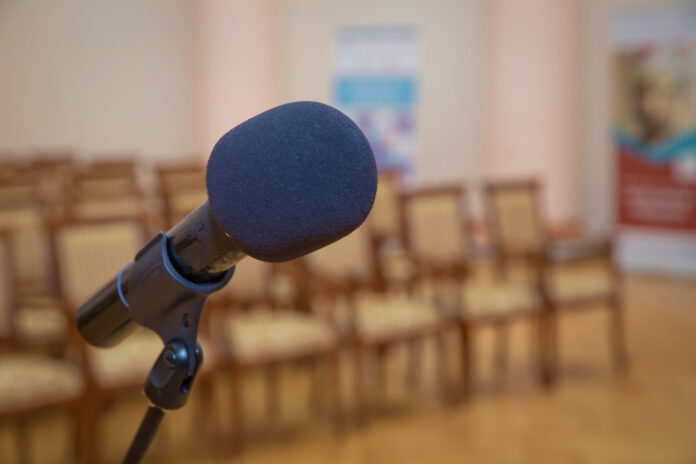One of the oft repeated arguments against having agriculture in a national park is that it is a commercial venture, and private commerce should not be allowed in national parks.
It might surprise people who proffer this argument to know that there are today more than 500 separate private businesses operating inside America’s National Parks and Seashores, many of them chains with multiple outlets scattered about the Park Service. And many produce carbon footprints far larger than that of a ranch or dairy farm.
Included in the long list of private concessions in national parks are bath houses, cruise lines, hotels, marinas, outfitters, parking facilities, service stations and perhaps the most ecologically destructive of them all—golf courses.
These booming enterprises are all linked together by blacktop highways which host millions of fossil fuel burning cars, trucks, snowmobiles and motorcycles, and where thousands of animals, some of them endangered species, become roadkill. Many highway victims are drawn to the roads by tasty vegetation planted on median strips or rotting food tossed by the wayside.
It really has become quite difficult for humans or wildlife to find true peace or a semblance of wilderness in an American national park. But a good meal, comfortable bed, a movie, sleigh ride, souvenir teddy bear, coffee table book or a fine bottle of wine are never far from a National Park Service (NPS) parking lot, all offered to the public by private concessionaires attracted into the parks by the NPS’s active and expanding Commercial Services Program.
If commerce is to continue to be a central purpose of our national parks (a good topic for debate), why not include healthy food production as one of the welcomed concessions in the mix? If, on the other hand, the NPS decides to limit or cut back the number of private concessions in the parks they manage, why not begin by expelling or dismantling the golf courses, fancy lodges, snowmobile rent shops, cruise ships and marinas that allow the use and rental of jet skis?
Mark Dowie is an investigative historian outside Willow Point. He is the author of ‘The Haida Gwaii Lesson: A Strategic Playbook for Indigenous Sovereignty.’









